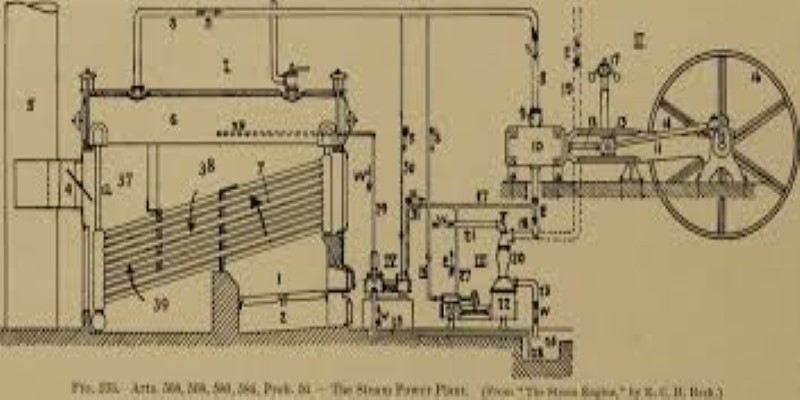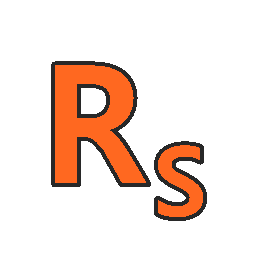
About Course
Thermodynamics is a subject of fundamental interest to Mechanical engineers and therefore is always taught in the 2nd or 3rd semester.
The present course can be viewed as the next step, where the thermodynamic principles will be employed to discuss different power-producing & absorbing cycles.
Properties of pure substance will be discussed, along with the thermodynamic property relations, thereby enabling the participants to estimate all relevant thermodynamic properties at any particular state point. Subsequently, the gas & vapor power cycles will be analyzed, followed by the principles of cogeneration & combined cycles.
Then the refrigeration cycles will be introduced, followed by a discussion on the selection of refrigerants. Subsequently, the properties of gas mixtures and gas-vapor mixtures will be discussed, leading to psychrometry & psychrometric processes. The course will be completed with a brief introduction to chemical equilibrium.
Thermodynamics INTENDED AUDIENCE: Undergraduate students of Mechanical Engg. and similar branches; Faculty member associated with Mechanical Engg.; Practicing engineers associated with thermal industries.
Course Content
Applied Thermodynamics For Engineers
-
Applied Thermodynamics For Engineers [Introduction Video]
00:00 -
Lec 1: Overview of thermodynamic system & state
00:00 -
Lec 2: First & second laws of thermodynamics
00:00 -
Lec 3: Concept of entropy & entropy generation
00:00 -
Lec 4: Concept of exergy & exergy destruction
00:00 -
Lec 5: Thermodynamic potentials & Maxwell relations
00:00 -
Lec 6: Generalized relations for entropy & specific heats
00:00 -
Lec 7: Joule-Thomson coefficient & Clapeyron equation
00:00 -
Lec 8: Liquid-vapor phase-change process
00:00 -
Lec 9: Use of property tables
00:00 -
Lec 10: Equations-of-state & Compressibility factor
00:00 -
Lec 11: Ideal cycles for reciprocating engines
00:00 -
Lec 12: Otto, Diesel & Dual combustion cycles
00:00 -
Lec 13: Stirling & Ericsson cycles
00:00 -
Lec 14: Fuel-air cycle
00:00 -
Lec 15: Numerical exercise on Fuel-air cycles
00:00 -
Lec 16: Losses in actual cycle & valve-timing diagram
00:00 -
Lec 17: Ideal Brayton cycle
00:00 -
Lec 18: Intercooling & reheating in Brayton cycle
00:00 -
Lec 19: Regeneration in Brayton cycle
00:00 -
Lec 20: Ideal Rankine cycle
00:00 -
Lec 21: mprovements & modifications in Rankine cycle
00:00 -
Lec 22: Regenerative Rankine cycle
00:00 -
Lec 23: Binary vapor power cycle
00:00 -
Lec 24: Combined gas-steam power plant
00:00 -
Lec 25: Different arrangments in combined cycles
00:00 -
Lec 26: Vapor compression refrigeration cycle
00:00 -
Lec 27: SSS cycles & refrigerants
00:00 -
Lec 28: Modifications in VCR systems
00:00 -
Lec 29: Vapor absorption refrigeration cycle
00:00 -
Lec 30: P-v-T behavior of gas mixtures
00:00 -
Lec 31: Numerical examples
00:00 -
Lec 32: Properties of moist air
00:00 -
Lec 33: Psychrometric chart & various psychrometric processes
00:00 -
Lec 34: Sensible heat factor & bypass factor
00:00 -
Lec 35: Theoretical & actual combustion process
00:00 -
Lec 36: Thermodynamic analyses of reacting systems
00:00
Student Ratings & Reviews

